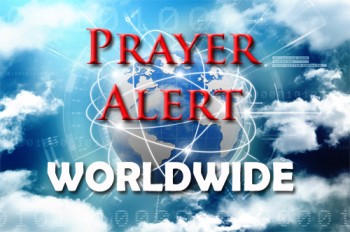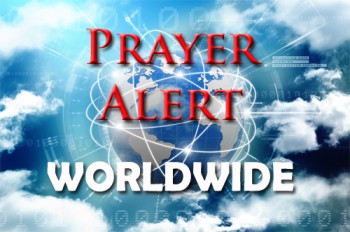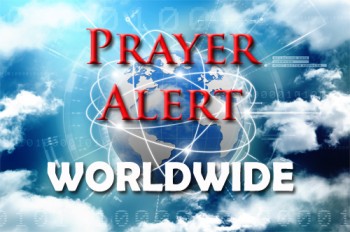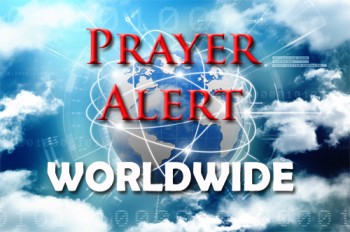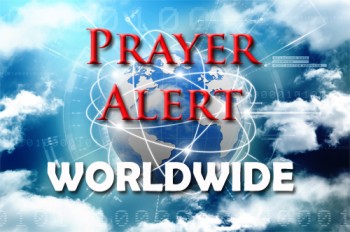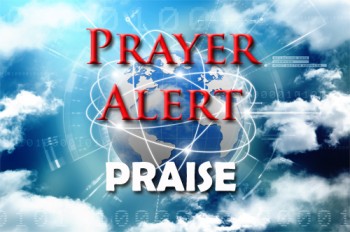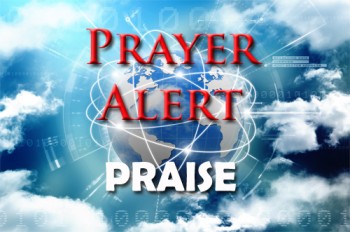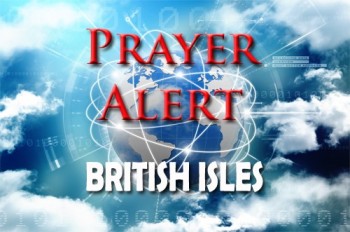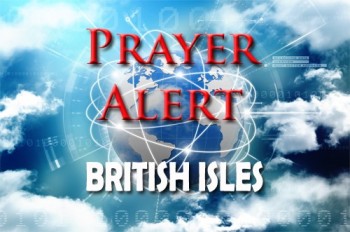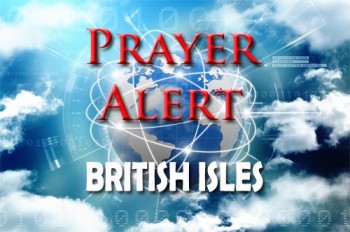India: facing persecution
‘If anything happens to my pastor, I will not fear. I will take charge of his work and serve the Lord!’ This brave declaration was made by Samaru Madkami, aged 14, from Odisha State. He had good reason to expect his pastor to die, as Christians in their area face hostility and violence from extremists in the Hindu majority. Samaru’s father, a church elder, had received death threats. But it was Samaru himself who was abducted and brutally murdered by the extremists, not long after he had made his courageous pledge. He went missing on 4 June and his body was found two days later. The gang who killed him also tried to seize a cousin of Samaru’s but, being older and stronger, he managed to get away. ‘Samaru was a passionate Christian’, said his pastor, recalling how the boy had energetically shared the Gospel with other young people and children in the village.
India: coping with coronavirus
India's home minister has offered 500 railway carriages for use as makeshift coronavirus hospital wards as New Delhi struggles to contain a spike in cases. Delhi has about 9,000 beds dedicated to Covid-19 patients among public and private hospitals, but a panel of experts has said that at least 15,000 beds will be needed by the end of June. The health ministry is reporting jumps in coronavirus infections nationwide. At least 55 journalists faced arrest, physical assaults, destruction of properties and threats for reporting on Covid-19 or exercising freedom of opinion during India's lockdown. It did not take long for the state and political activists to allege the journalists’ reports were prejudicial to maintaining national harmony. India has become the riskiest place in the world for journalists.
Nigeria: killing ‘more dangerous than coronavirus’
‘The incessant killing is more dangerous than coronavirus’, said a community leader in central Nigeria recently. His reaction is one of several testimonies - frequently harrowing to read, let alone to have experienced - which feature in an Inquiry into the scale of death and destruction caused by conflict occurring along the Christian-Muslim fault line running across the ‘Middle Belt’ of Nigeria, Africa’s most populous nation. The inquiry, published on 15 June by the UK parliament, had been taking evidence since autumn 2018. Since the coronavirus pandemic, violence appears to have grown even as international media have been otherwise occupied. The report, Nigeria: Unfolding Genocide, said, ‘Violence has claimed the lives of thousands of people and displaced hundreds of thousands more, causing untold human and economic devastation and heightening existing ethno-religious tensions.’
Libya: working for a ceasefire
Libya, a major oil producer, has been mired in turmoil since 2011 when Muammar Gaddafi was toppled in a NATO-backed uprising. In the first week of June the warring sides began new ceasefire talks in Libya. On 14 June the Turkish foreign minister and his Russian counterpart decided to put off the talks during a phone call; however, they said that it was important to prevent another failed ceasefire. Pray that there will be constructive positive talks for a lasting ceasefire without any more postponements. Pray for a spirit of unity to flow through all communication between the Iranian foreign minister, Turkish president Erdogan, and Russian president Putin. Pray also for an end to the heavy clashes that erupted recently despite a unilateral ceasefire proposal by Egypt.

